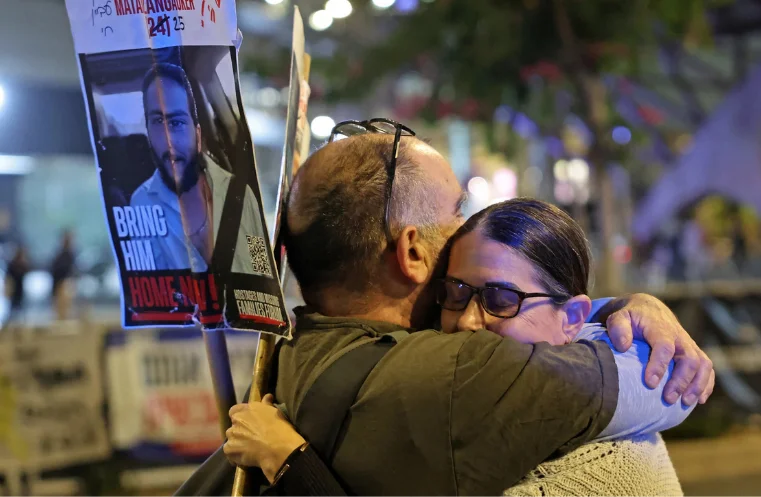Islamabad, Jan 16: Israel and Hamas have reached a significant agreement to implement a ceasefire and initiate the release of hostages, following mediation efforts by Qatar and the United States.
The ceasefire, anticipated to begin on Sunday, is pending formal approval from Israel’s cabinet. Qatar’s Prime Minister, Sheikh Mohammed bin Abdul Rahman Al Thani, announced the breakthrough, expressing optimism for a peaceful resolution. U.S. President Joe Biden lauded the agreement, emphasizing its potential to reduce hostilities in Gaza, deliver critical humanitarian assistance, and reunite hostages with their families.
Read More:
Oppo A15 Price in Pakistan: Full Specs & Features
Israeli Prime Minister Benjamin Netanyahu acknowledged ongoing discussions to finalize the deal’s terms. He expressed gratitude to President Biden for his unwavering support during the negotiations. Meanwhile, Hamas leader Khalil al-Hayya attributed the agreement to the steadfastness of the Palestinian people, underscoring their resilience in the face of adversity.
Despite the announcement, violence persists in Gaza. Reports indicate that Israeli airstrikes have continued, resulting in significant casualties. Among the 82 fatalities reported, over 30 occurred in Gaza City, including a devastating strike near the Engineers Union Building in northern Gaza, which claimed at least 18 lives. The continued airstrikes highlight the fragile nature of the ceasefire and the challenges of implementing a sustainable peace.
Read More:
LG V60 ThinQ 5G Price in Pakistan – Latest Specs & Reviews
The agreement’s first phase outlines a six-week truce, the exchange of hostages, the delivery of humanitarian aid, and a partial withdrawal of Israeli forces. These initial measures aim to build trust between the parties and create a foundation for more comprehensive discussions. Future negotiations will address critical issues such as Gaza’s reconstruction, the full release of remaining hostages, and broader security arrangements.
This development has sparked cautious optimism within the international community. Humanitarian organizations have welcomed the prospect of aid reaching the besieged region, where thousands of civilians face dire conditions. However, the path to long-term peace remains uncertain, with deep-rooted tensions and mutual distrust continuing to pose significant obstacles.
As the world watches, the implementation of the ceasefire and its subsequent phases will serve as a litmus test for the commitment of both parties to achieving a lasting resolution. The coming days will be pivotal in determining whether this agreement marks a turning point in the decades-long conflict or merely a temporary respite from violence.









